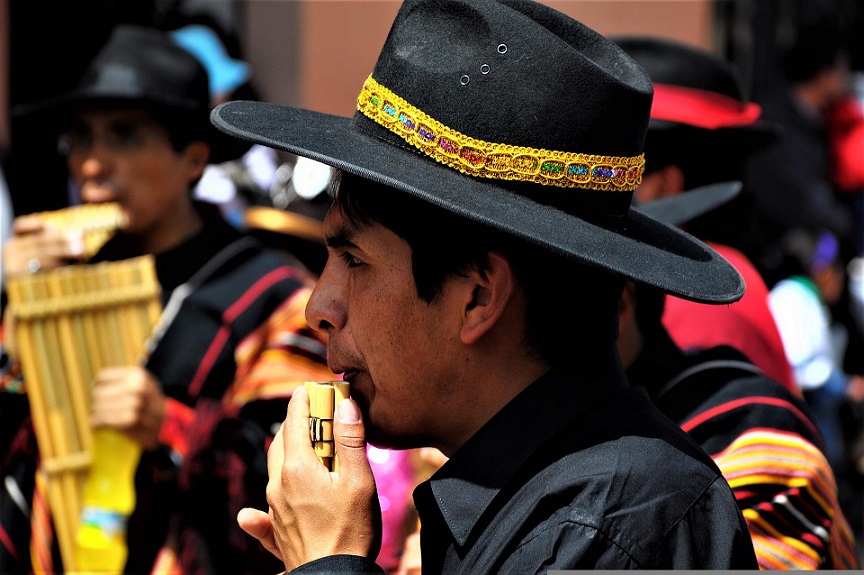The electoral gains of UKIP with its anti-immigrant discourse and ability to charge the domestic agenda and front pages with the need to cut immigrant rights, do not suggest a very promising outlook.. But under no circumstances does an immigrant abandon their ethnic and cultural roots.
 Claudio Chipana*
Claudio Chipana*
Immigrants are routinely questioned about themselves, whether that be about their nationality, their personal identity, their roots or the ethnic category to which they belong.
The question that is constantly hammered at immigrants is about their origin, evoked by the otherness of their ethnicity, their skin colour and their language.
Therefore for immigrants and their diaspora it becomes imperative to absolve many of the issues related to the environment of their origin and their new environment, elements that pose these endless questions.
This occurs at an individual and a collective level. This identity battle will not always appear so obviously to an immigrant, regarding their ethnic or cultural identity, beyond the ability to identifying with their nationality.
The complexity of the ethnic identity of a Latin American immigrant comes from the fact that the very notion of Latin American identity is an issue that is part of a conceptual debate.
 Added to this is the adoption of a new nationality by immigrants.
Added to this is the adoption of a new nationality by immigrants.
Latin Americans with European passports tend to identify as a “community” in reference to the “European Community”.
However, for immigrants, whatever their legal status (e.g. they can have up to two or three nationalities simultaneously or be in the country “illegally”), the issue of ethnicity in both membership to a particular ethnic group and to a community – in this case the Latin American – persists as a problem of not only conceptual explanation is also a practical problem. The legalisation of immigrants, it is true, lightens some aspects of social inclusion in the middle but does not resolve substantive issues including cultural and ethnic inclusion, and something as important as respect for their ethnicity, their language and cultural elements provided by immigrants.
 Under no circumstances does an immigrant abandon their ethnic and cultural roots.
Under no circumstances does an immigrant abandon their ethnic and cultural roots.
Hence the need to consider the individual identity of the immigrant and their collective identity.
The UK is a multi-ethnic and multiracial society, but does not automatically guarantee recognition of minorities.
Therefore, for Latin Americans in the United Kingdom, as well as for all minorities, recognition as an ethnic minority is as essential as the individual status. Clarity on the importance of recognition has been the task for various community groups, including LARC (Latin American Recognition Campaign).
Recognition is, ultimately, the recognition of an individual as a citizen with full rights. It is the right to be included without discrimination based on colour, race, language or gender. The achievements with awards from Latin American areas of Southwark and Lambeth Councils in the past two years have marked the way for a path that should lead the community to comprehensive recognition of Latin Americans throughout the UK.
 However, electoral advances of UKIP with its anti-immigrant discourse and ability to charge the domestic agenda and the front pages with the need to cut immigrants’ rights, do not suggest a very promising outlook.
However, electoral advances of UKIP with its anti-immigrant discourse and ability to charge the domestic agenda and the front pages with the need to cut immigrants’ rights, do not suggest a very promising outlook.
* Founding member and promoter of the Centre for Latin American Identity
(Translated by Grace Essex – Email: grace.essex@gmail.com) – Photos: Pixabay












.jpg)












